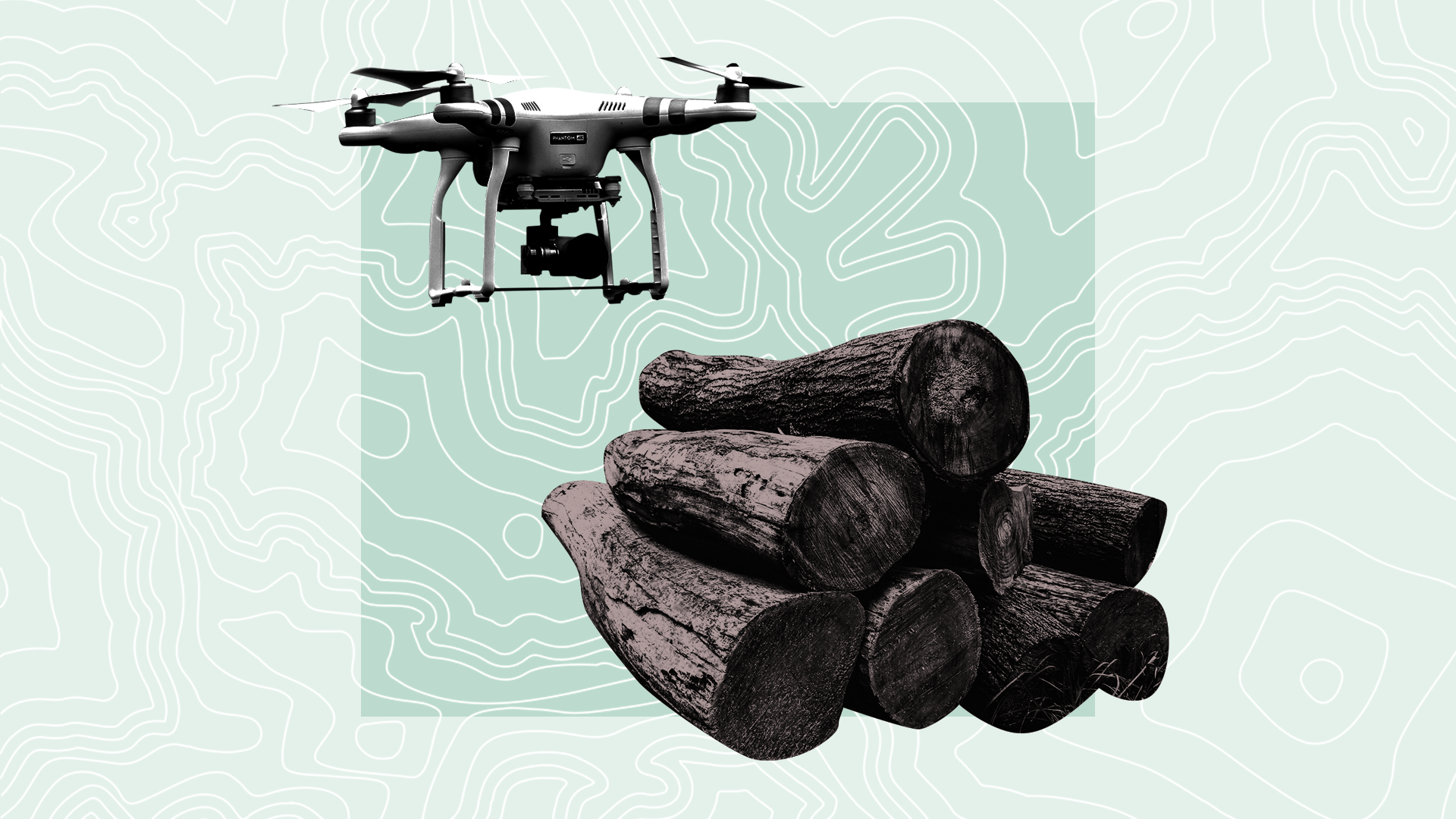The Drylands Pilot Kicks Off: Our Vision for a Better World
As the Earth’s temperature rises, desertification – the permanent degradation of once-arable land – continues to be a significant, and growing, global risk. But what if we could harness the potential of nature restoration in these drylands to sequester carbon and improve the lives of millions in the Sahel. Introducing the Drylands pilot.
Learning through uncertainty: From pandemic networks to vaccine chatbots
During the Coronavirus pandemic, millions of children around the world missed routine vaccines. I am embarking on a Frontier Technology pilot that will explore the question: Can a chatbot improve the effectiveness and efficiency of vaccine uptake?
Could localised, distributed manufacturing techniques ever become commercially viable in a remote region like the Pacific?
Supply chains in the Pacific Islands have always been long and expensive, and COVID-19 exposed the region’s vulnerability to disruption and exacerbated existing supply-chain constraints. But what can distributed manufacturing offer this community?
Can a digital platform harness big data and ‘big qual’ to make Malaysia’s political leaders more accountable?
When I ask her what the inspiration was behind her Frontier Technology pilot, Poorani Krishnan is unequivocal. “I think the one big challenge that separates where we are and where we can be is leadership,” she says.
Can drone-based, remote sensing create a reforestation value chain in Sierra Leone?
The original spark for what eventually became Project Sapling came to Christina Toepell when she was on holiday in the north east of Sierra Leone.
Could access to real-time data enable smarter targeting of health and social services in the Philippines?
By her own admission, Liz Bautista is a bit of a geek. Early in her career, she had taken supplemental courses on robotics, coding and data analytics simply because she was interested in how those technologies might supplement her interests in governance, public policy and development.
Can big data analytics support local governments in Nepal to prepare communities against climate and non-climate shocks?
In April of 2015 Nepal was affected by a large earthquake that killed almost 9,000 people and injured around 22,000 more.
How virtual and augmented reality could provide an empathy tool to disguise victims of CSRV and increase levels of justice
This could protect identities by replacing blurred faces with life-like avatars. The possibilities are broad. And these strands could all pull together to shift the power balance and offer victims a genuinely safe and possible route to justice.
With the right data, could remote cocoa farmers in Colombia access international markets and pioneer a new way to protect the country’s rainforests?
Coca, the leaf needed to make the illegal drug cocaine, can be grown easily in most regions of Colombia. Crops like corn, soybeans and most kinds of coffee need regular sunlight, but coca is capable of thriving in the shade - but so is cocoa.
Could we use digital remittances to upend the way we think about informal business support in Southern Africa – and let businesses themselves decide what they need?
By his own admission, Matthew MacDevette began his career in the investment space thinking that finance was “a little bit evil”. Then he began working on how to get private investors into risky and impactful sectors in Africa. He began to warm to the topic.
Can smart sensors improve the health and productivity of bee colonies in South Africa?
The 2007 Dreamworks film, Bee Movie was generally regarded as a bit of a letdown, but 15 years later, it can confidently claim to have inspired one of the latest projects taken forward as part of Frontier Technology Livestreaming.











